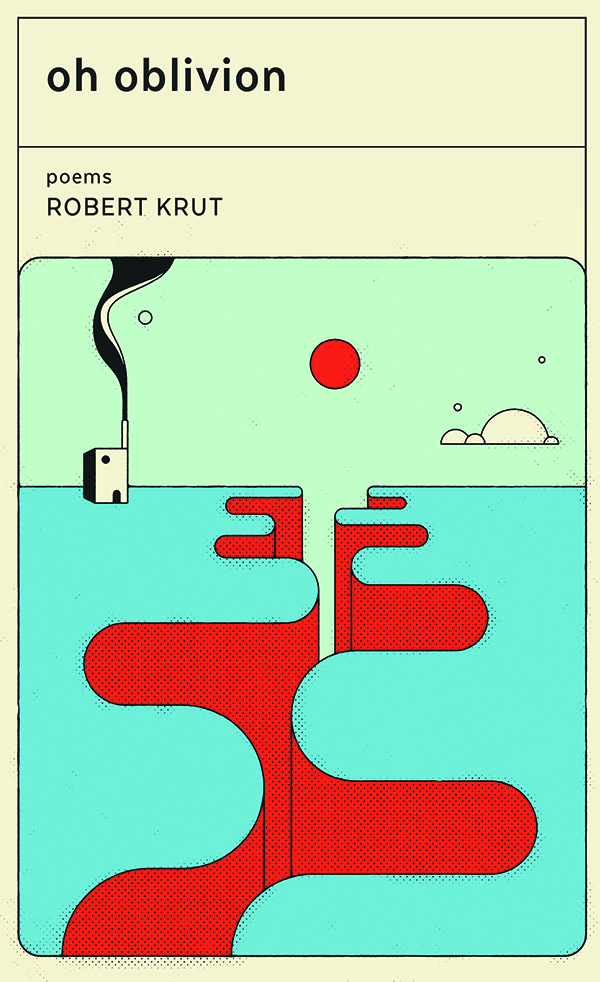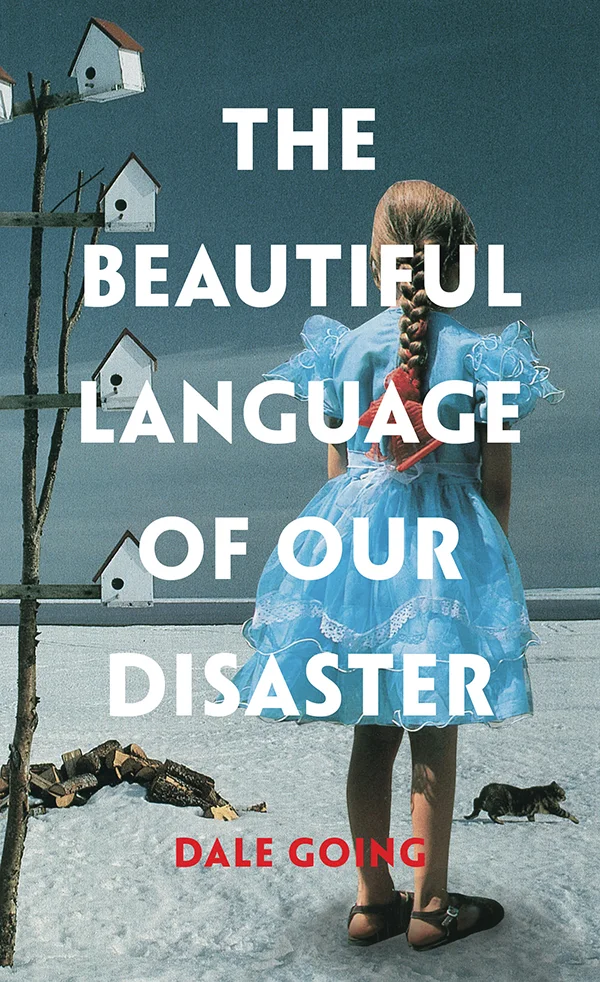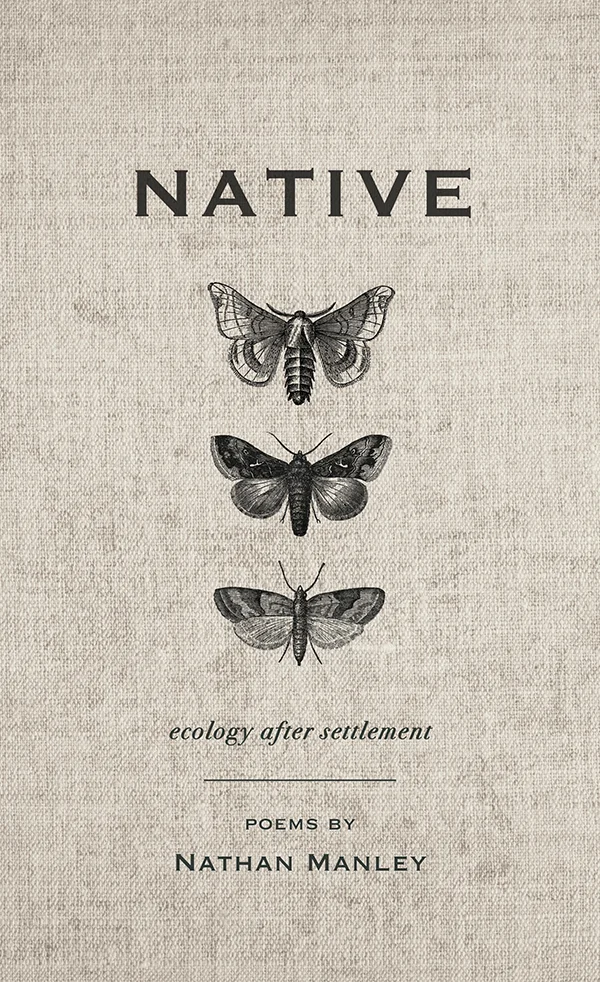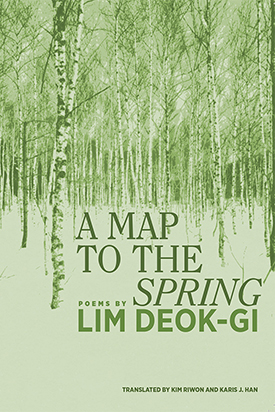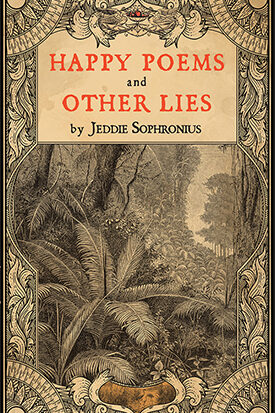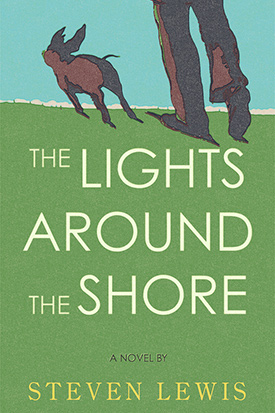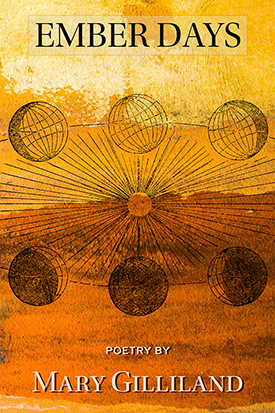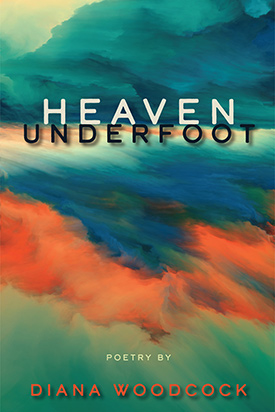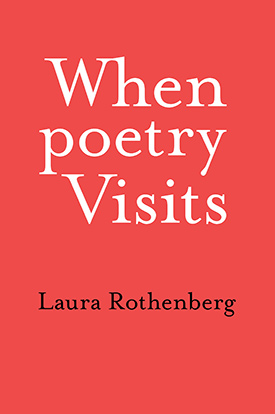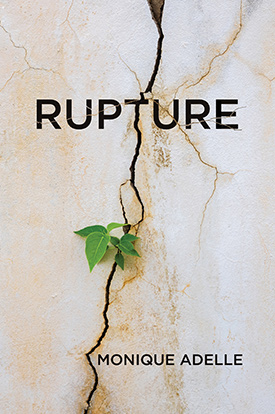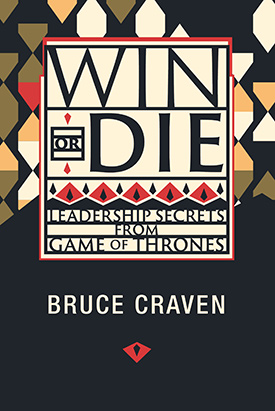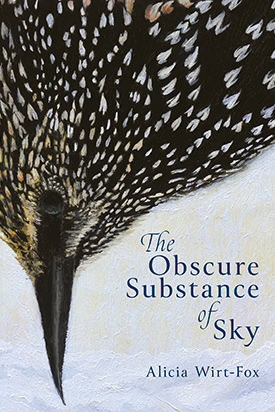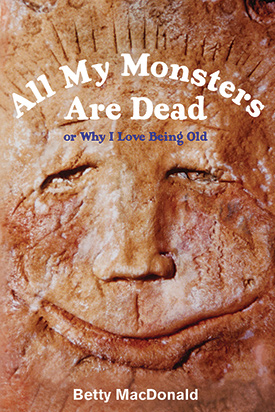New
Oh Oblivion
by
Robert Krut
In Oh Oblivion, Robert Krut presents poems written from the island between lives. They look out on a world disappearing, filled with the surreality of a city where a cardboard box containing a human heart awaits discovery (“Nocturnal Cartography”) to a country where gasping birds cough up coins in a now-drained lake (“The Loons”). While current life is keenly observed, the poems turn to what lies ahead, investigating the narratives that are yet to take place, where simple earnest gestures linger (“An Offering Is Infinite”) and “the ghosts of the future” turn to the comfort a resetting solar system (“Oh Amnesia”). Standing in the space between worlds, the poems take a hard-earned stock of where we are but make a toast as we step forward on uncertain and unseen ground.
The Beautiful Language of Our Disaster
by Dale Going
In The Beautiful Language of Our Disaster, poet Dale Going, an early survivor of Hodgkin’s Lymphoma, reflects with lyric grace and formal innovation on the reverberating trauma and long-term effects of illness, while connecting her rare cancer experience to the broader experience of the catastrophic world we’re all living in now. The poet’s decades-long experience as a professional patient, which radically altered her life, interrupted her career, and is a constant of daily existence, is addressed in poems resonating with the felt sensations of an afflicted body, while celebrating with exuberant life force the pleasures available—‘the body’s too small to live in’—in an embracing stance toward love, art, and the natural world. Going gathers up fragments, takes the tears and tears (weeping/rips), the world’s grief and error, and makes intimate wholes from the broken, as part of a poetic experiment in healing for ourselves, our others, our wounded world, in the only now.
Native
by Nathan Manley
With a peculiar interest in vermin and so-called invasive species, the poems in Nathan Manley’s Native explore Colorado ecology—organisms as grouped and understood in the taxonomies of memory, history, scientific practice, personal experience, and (to a frankly unanticipated extent) Christian cosmology. Each piece considers a different organism or assemblage of organisms. Ranging from the bunchgrass-stippled flats of the Eastern Plains to the hogbacks and streamlets of the Front Range to the lichened alpine parks of the Rockies, Native touches on the sheer panoply of plant, animal, and microbial life comprising the region’s biotic community.
Featured Titles
Codhill Catalog
There is no more important function of writing at this time than to call us to awaken. The state of siege under which human consciousness—human conscience—is living has not abated in the time since Blake wrote. The seriousness of the situation has only intensified. To serve our memory of what is truly important: to that the writer should be a guide.



